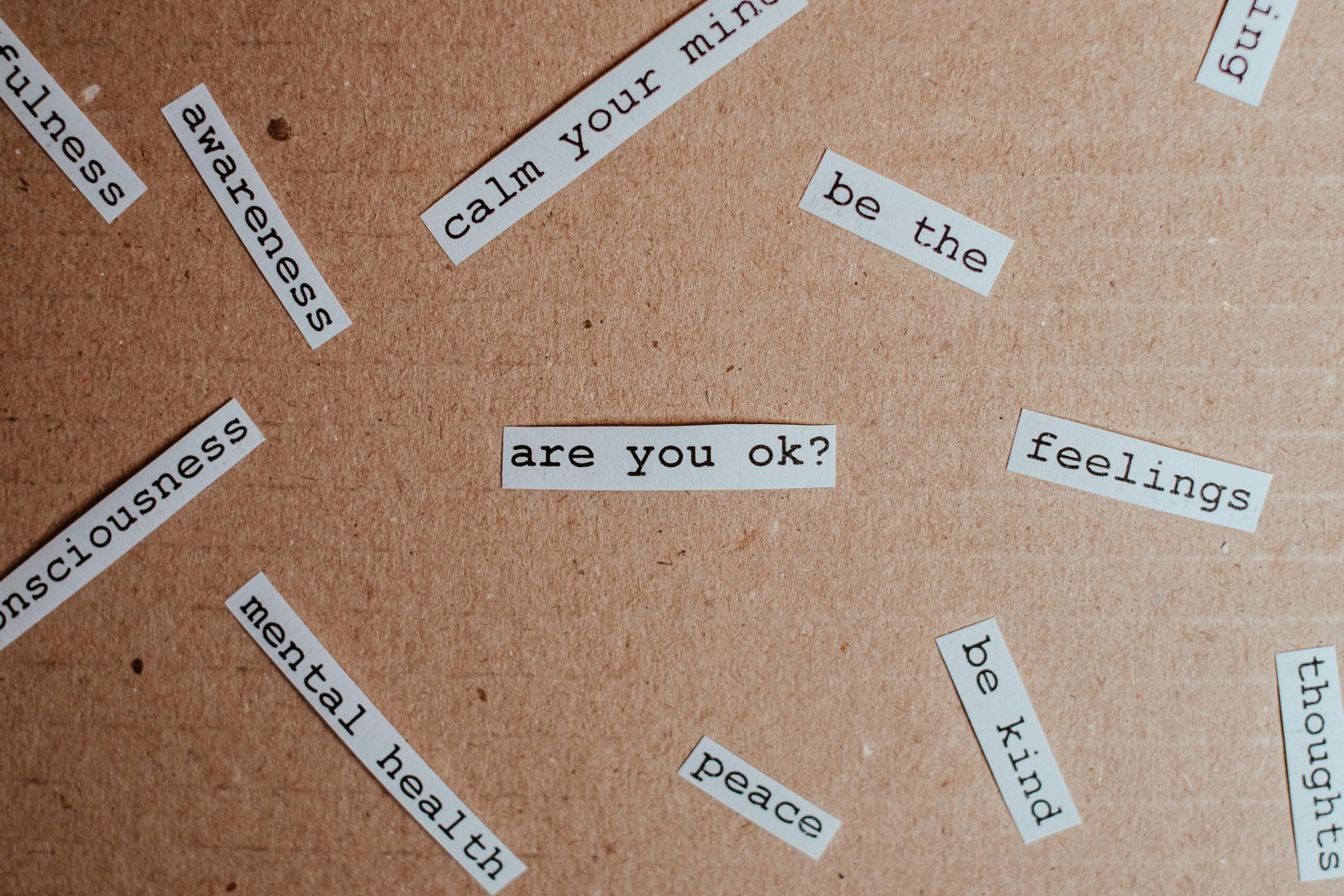1. Introduction: The Art of Meaningful Praise
Have you ever struggled to find the right words to express admiration? Generic compliments like “You’re amazing” or “Great job!” often fall flat because they lack depth and originality. But what if you could borrow the eloquence of history’s greatest writers to make your praise unforgettable?
Why Literary Compliments Stand Out:
Timeless Elegance – Shakespeare, Jane Austen, and Maya Angelou spent lifetimes perfecting their words. Why not use them?
Emotional Impact – A well-placed quote can evoke feelings that everyday language can’t.
Memorability – Unlike generic praise, literary compliments linger in the mind.
Who This Guide Is For:
-
Romantics looking to deepen their love letters
-
Professionals who want to give standout praise
-
Friends & Family who appreciate thoughtful words
What You’ll Learn:
How to choose the perfect literary quote for any situation
Ways to adapt classic lines to sound natural today
Tips for delivering compliments with maximum impact
Example:
Instead of saying, “You’re smart,” try:
“Your mind is ‘an enchanted library’—full of wonders.” (Inspired by Jorge Luis Borges)
Ready to transform your words? Let’s begin.
 2. Why Generic Compliments Fail
2. Why Generic Compliments Fail
We’ve all been there—someone says “You’re awesome!” and you think… “That’s it?”
The Problem with Ordinary Praise:
-
Too Vague – “You’re nice” could apply to anyone.
-
Forgettable – Most compliments disappear seconds after they’re spoken.
-
Lacks Emotion – Everyday words often fail to capture deep admiration.
How Literary Quotes Fix This:
-
Specificity – “You have a heart ‘as wide as the sky’” (Maya Angelou) paints a vivid picture.
-
Memorability – A Shakespearean line like “You are the sun to my moon” sticks for years.
-
Emotional Depth – Poetic language conveys feelings plain words can’t.
Real-Life Examples:
-
For a Friend: Instead of “You’re funny,” say:
“Your humor is ‘a spark of joy in a weary world.’” (Inspired by Charles Dickens) -
For a Partner: Swap “I love you” for:
“My heart is and always will be yours.” (Jane Austen)
The Science Behind It:
Studies show that:
Poetic language activates more brain areas than plain speech.
Beautiful phrasing increases perceived sincerity.
When to Use Literary Praise:
-
Love letters & anniversaries
-
Professional achievements
-
Heartfelt thank-you notes
Bottom Line: If you want your words to be remembered, borrow from the masters.
3. How to Choose the Perfect Literary Quote (300 Words)
Not every quote works for every person. Follow this 3-step method to pick the ideal one.
Step 1: Match the Tone to Your Relationship
-
Romantic: “I am yours, heart and soul.” (Jane Austen)
-
Professional: “Your work is ‘the stuff of legend.’” (Homer)
-
Friendly: “You’re my ‘port after stormy seas.’” (Shakespeare)
Step 2: Consider Their Personality
-
For Book Lovers: Use quotes from their favorite authors.
-
For Humorists: Try witty lines from Oscar Wilde or Mark Twain.
Step 3: Adapt for Natural Flow
Original: “She walks in beauty, like the night.” (Byron)
Your Version: “You light up every room like Byron’s starry night.”
Pro Tip: Keep a note in your phone when you read. Save lines that resonate for future use.
Example Pairings:
-
For a Creative Friend:
“Your imagination is ‘a wild, untamed garden.’” (Inspired by Frances Hodgson Burnett) -
For a Mentor:
“You’ve guided me ‘through fog and storm.’” (Adapted from Moby Dick)
What to Avoid:
Overly complex quotes that confuse instead of charm.
Misplaced tone (e.g., using dark Shakespearean tragedy lines for a birthday).
Now, let’s explore real quotes you can use today.
4. 50+ Ready-to-Use Literary Compliments
5. How to Deliver Compliments Like a Pro
Delivering a literary compliment is an art—timing, medium, and presentation all matter. Here’s how to make your words land perfectly:
1. Choose the Right Medium
-
Handwritten Notes: Ideal for romantic or deeply personal praise. Example:
Slip a Jane Austen quote into a love letter:
“My heart is, and always will be, yours.” -
Verbal Delivery: Best for casual or spontaneous moments. Keep it short and natural:
“That presentation was ‘brilliantly persuasive’—just like Mark Twain’s essays!” -
Digital Messages: Great for colleagues or friends. Add context to avoid misunderstanding:
“Reading this email, I thought: ‘You write like Hemingway—clear and powerful.’”
2. Perfect Your Timing
-
Romantic Settings: Anniversaries, quiet moments, or with a small gift (e.g., a book).
-
Professional Praise: During reviews, after big wins, or in thank-you notes.
-
Friendship Boosters: Birthdays or when they need encouragement.
Pro Tip: Pair the quote with a relevant gesture:
-
Give a book with a highlighted passage.
-
Toast with a quote at a celebration.
3. Adjust for the Audience
-
For Shy People: Soften the delivery:
“This made me think of you…” (then share the quote). -
For Extroverts: Be bold! Recite it dramatically.
-
In Public: Use shorter quotes to avoid awkwardness.
Example:
Instead of a lengthy soliloquy in a speech, try:
“As Shakespeare said, ‘You are the sun to my moon’—thank you for lighting up this team.”
6. Mistakes to Avoid
Even beautiful quotes can flop if used poorly. Steer clear of these pitfalls:
1. Overdoing It
Problem: Quoting Macbeth at a coffee run.
Fix: Reserve literary praise for meaningful moments.
2. Misattributing Quotes
Problem: “As the great Shakespeare once wrote, ‘Live, laugh, love.’”
Fix: Google before you quote! Use sites like BrainyQuote to verify.
3. Forgetting Context
Problem: Using “Love is a battlefield” (Pat Benatar) in a wedding speech.
Fix: Match the quote’s tone to the occasion.
4. Sounding Robotic
Problem: Monotoning, “Your eyes. Are like. Stars. As per Byron.”
Fix: Practice aloud—add warmth like you’re sharing a secret.
5. Using Clichés
Problem: “Shall I compare thee to a summer’s day?” (Yawn.)
Fix: Dig for fresh lines:
“You’re like ‘starlight on a winter lake’—rare and breathtaking.” (Adapted from Virginia Woolf.)
When in Doubt:
-
Test it first: Tell a friend the quote—does it feel natural?
-
Adapt freely: Change “thy” to “your”, or swap outdated references.
Remember: The goal is to enhance your connection, not perform a soliloquy.
FAQs: How to Compliment Someone Using Literary Quotes
1. Why should I use literary quotes instead of my own words?
Great question! Literary quotes:
Carry emotional weight – They’re crafted by master wordsmiths.
Sound more elegant – It’s like wearing a tailored suit instead of sweatpants.
Make you memorable – Few people quote Shakespeare in daily life.
Example:
Instead of: “You’re smart.”
Try: “Your mind is ‘an enchanted library’” (inspired by Borges).
2. Won’t I sound pretentious using old-fashioned quotes?
Not if you:
-
Adapt them to modern language (“You’re my sunshine” → “You light up my days like a Dickens heroine”)
-
Match the tone to your relationship (don’t use sonnets for casual coworkers)
-
Keep it genuine – If the quote doesn’t feel like “you,” tweak it!
3. How do I find literary quotes for specific situations?
Try these easy methods:
Search by theme: “Best literary quotes about friendship”
Recall favorite books: What lines stuck with you?
Adapt flexibly: Change “she” to “you” for direct compliments.
Pro Tip: Pinterest and Goodreads have curated quote collections.
4. What if the person doesn’t recognize the reference?
No problem! You can:
-
Attribute it naturally: “There’s a line from Jane Austen that makes me think of you…”
-
Skip the source: Just use the beautiful words.
-
Explain playfully: “That’s Shakespeare for ‘you’re awesome!’”
5. Can I use literary quotes professionally?
Absolutely! For:
Emails: “Your report was ‘the stuff of legend’ (Homer)!”
Awards: “Like Atticus Finch, you exemplify integrity.”
Recommendations: “They have ‘the patience of Penelope’ (Odyssey).”
Avoid: Overly romantic lines in corporate settings.
6. How do I avoid clichéd quotes?
Steer clear of:
“Shall I compare thee to a summer’s day?” (Overused)
“It was the best of times…” (Too vague)
Instead, dig deeper:
-
Lesser-known Austen lines
-
Modern authors like Toni Morrison
-
Adapt metaphors (“Your laugh is a sonnet”)
7. Where can I store quotes for future use?
Try these organization tricks:
Notes app: Categorize by theme (romantic, professional)
Commonplace book: A journal for favorite lines
Digital tools: Notion, Evernote, or Pinterest boards
8. What if my compliment sounds awkward?
Fix it with:
-
Practice: Say it aloud first.
-
Humor: “That sounded better in my head—just know you’re amazing!”
-
Simplicity: Trim lengthy quotes to their essence.
Example:
Too much: “The brightness of your countenance rivals Apollo’s chariot at dawn…”
Better: “You light up the room—like a sunrise in a poem.”
9. Can I mix quotes with my own words?
Yes! Blend them seamlessly:
“You know that Maya Angelou line—‘You are the sum total of everything you’ve ever seen’? That’s how I feel about your creativity.”
10. How often should I use literary compliments?
Golden rule: Quality over quantity.
-
Save them for special moments (birthdays, achievements)
-
Sprinkle sparingly in everyday life (1-2x/month keeps them fresh)
Final Tip: Start with one quote this week—see how it lands!





